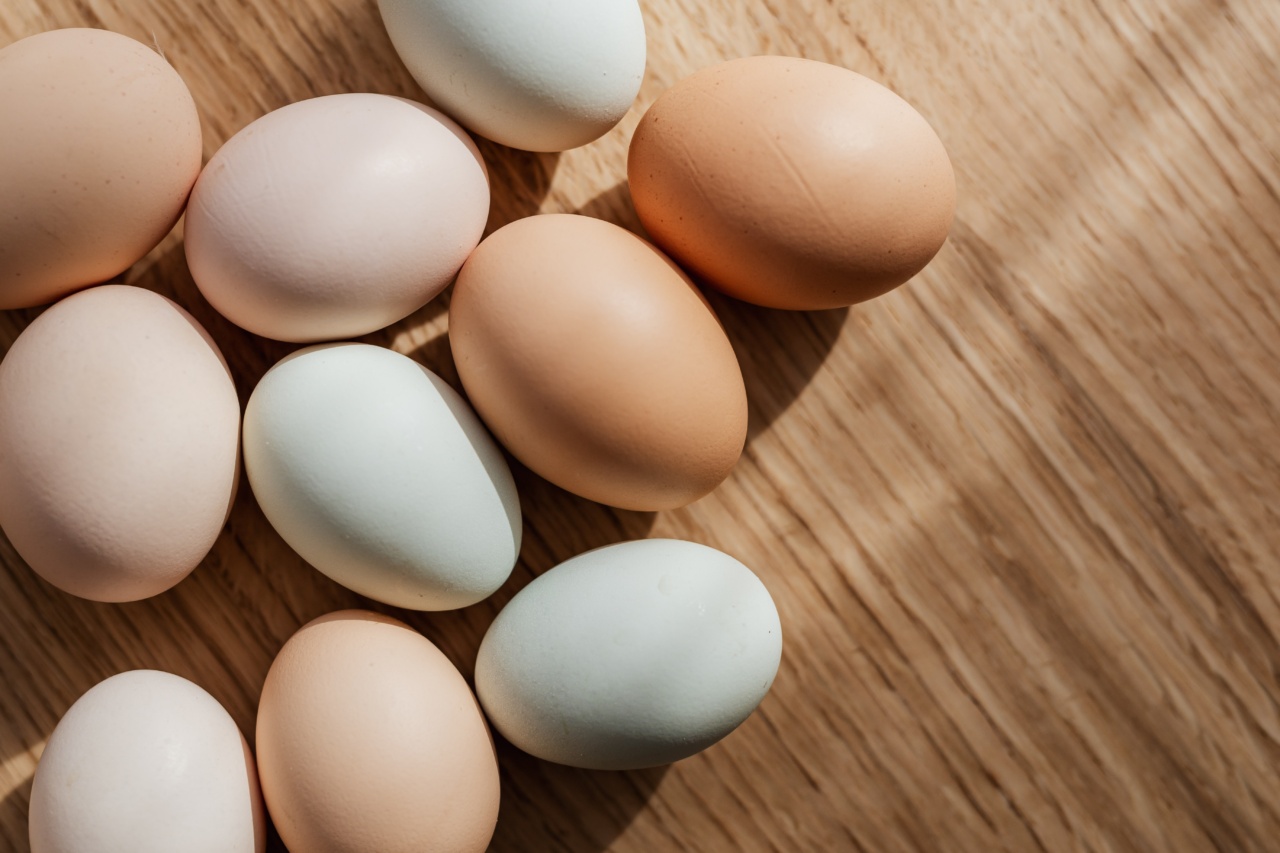The holiday season is a time for celebration, spending time with loved ones and indulging in delicious foods. However, it can be challenging to maintain a healthy lifestyle during this time of the year.
With the abundance of festive treats, it’s easy to overindulge and gain weight. The good news is that with a few simple adjustments, you can enjoy the holidays without compromising your health. Here are some expert nutrition tips for healthy holidays by Nikos Kafetzopoulos.
1. Stay Hydrated
Drinking water is essential for your overall health, and even more so during the holidays. Staying hydrated can help you feel full, reduce hunger, and prevent overeating.
If you’re going to be consuming alcohol, ensure that you drink enough water to avoid dehydration. Aim to drink at least 8 glasses of water per day and avoid sugary and carbonated drinks.
2. Eat Mindfully
Mindful eating is the practice of being present and aware while eating. It involves paying attention to your body’s hunger and fullness signals and choosing foods that nourish your body.
To eat mindfully during the holidays, avoid distractions such as your phone or TV and focus on the food in front of you. Take time to enjoy each bite, chew slowly, and stop eating when you’re full.
3. Choose Healthy Snacks
Snacking is an integral part of the holiday season. However, it’s essential to choose healthy snacks that won’t ruin your diet. Some healthy snack options include nuts, fresh fruits, vegetable sticks with hummus, or a small bowl of popcorn.
Avoid processed and high-calorie snacks such as chips and candy.
4. Plan Ahead
Planning ahead can help you make healthier food choices during the holidays. If you’re attending a holiday party, plan to eat a healthy meal before you go, so you’re less likely to overindulge.
Additionally, consider bringing a healthy dish to share with others, so you know there’s a healthy option available.
5. Practice Portion Control
Portion control is crucial during the holidays to prevent overeating. It’s easy to lose track of how much you’re eating when there’s an abundance of food around. To practice portion control, use smaller plates and fill them with healthy foods first.
Additionally, aim to fill half of your plate with vegetables and choose smaller portions of high-calorie dishes.
6. Stay Active
Physical activity is an essential part of a healthy lifestyle, and the holidays should be no exception. Try to exercise for at least 30 minutes a day, even if it’s just a brisk walk around the block.
Additionally, consider incorporating physical activity into your family activities during the holidays. For example, take a family hike or go ice skating.
7. Indulge in Moderation
No one wants to miss out on their favorite holiday treats. However, it’s essential to indulge in moderation. Instead of depriving yourself of all the holiday treats, choose a few favorites and enjoy them in moderation.
A good rule of thumb is to limit yourself to one treat per day.
8. Get Enough Sleep
Getting enough sleep is essential for your overall health and wellbeing, especially during the holidays. Lack of sleep can lead to overeating, low energy levels, and increased stress. Aim to get at least seven to eight hours of sleep each night.
Additionally, avoid consuming caffeine or alcohol before bedtime as they can disrupt your sleep.
9. Manage Stress
The holidays can be a stressful time, and stress can have a significant impact on your health. Stress can cause overeating, poor sleep quality, and a weakened immune system.
To manage stress, practice relaxation techniques such as deep breathing, meditation, or yoga. Additionally, avoid over-committing yourself and take time for self-care activities.
10. Practice Gratitude
The holiday season is a time to be grateful for all the blessings in your life. Practicing gratitude can have a positive impact on your mental and emotional health.
To practice gratitude, take the time to reflect on all the things you’re grateful for each day. Write them down in a gratitude journal or share them with loved ones.
Conclusion
The holidays can be a challenging time to maintain a healthy lifestyle, but it’s not impossible. By following these expert nutrition tips, you can enjoy the holiday season without compromising your health.
Remember to stay hydrated, eat mindfully, choose healthy snacks, plan ahead, practice portion control, stay active, indulge in moderation, get enough sleep, manage stress, and practice gratitude. Happy Holidays!.































